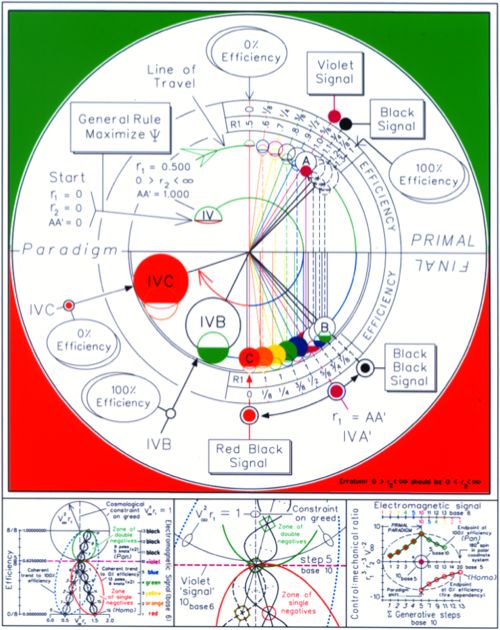According to this news story from Montreal (Google translation), the police have opened an investigation into Dennis Markuze. Whatever that means.
One interesting part of the story: the reporter contacted his mother, who is in deep denial.
In a brief telephone interview with La Presse yesterday, the mother of Dennis Markuze confirmed that he is the author of the messages. However, she refuses to condemn the writings of his son, who still lives in his house, and ensures that it is not violent. “I do not ask him to stop, no. Why should I? It is his job, for what he believes. Why should I stop? “Said Ms. Markuze English.
She quickly washed away when the press told him about death threats that many people say they have received. “He never did that. It does not even kill a fly, sir. I do not believe. You probably understand its messages. “To quote some excerpts (” I’ll put a bullet in the head, “” I’ll t’exécuter “), she replied:” Read the full what he writes and you’ll see “before hanging up.
Oh. It’s his job to spam death threats over the internet. Is there good money in that, I wonder…
A character named Zenbuffy has decided I’m just as bad as Markuze, because i’ve been stalking her for ten years and sending her a collection of death threats every day. Oh wait, no, I haven’t done that…it’s because she has experienced mental illness personally, and because I think obsessively sending many hundreds of violent threats every day all day is a sign of being mentally disturbed (you think?), I have stigmatized every single crazy person in the universe. While I do think Zenbuffy is a narcisstic wanker — it’s not about you at all, lady, it’s about the guy who floods me with nonstop hate mail — I don’t regard all mental illnesses as the same, I don’t consider a history of mental illness as an evil. I just want ONE crazy stalker to stop what he’s doing and be taken seriously by community authorities.







